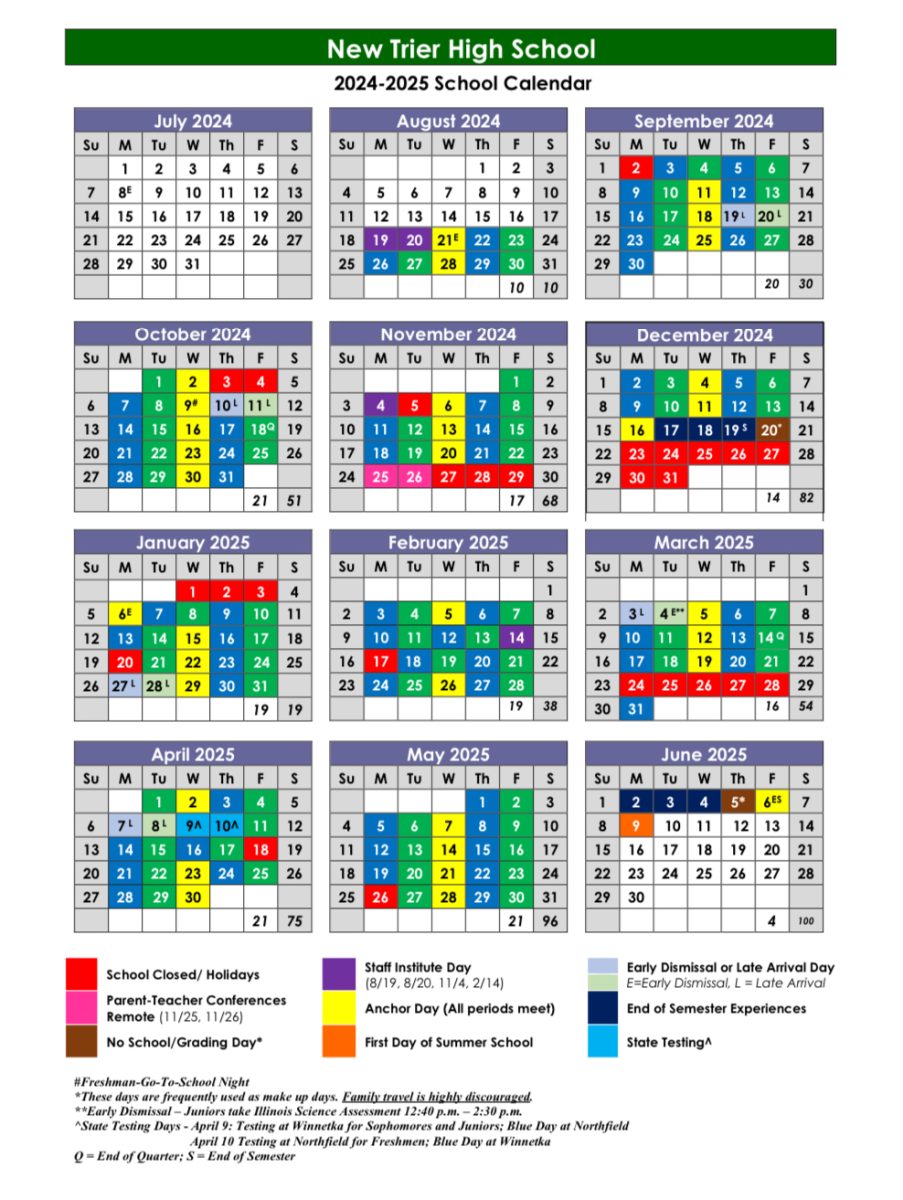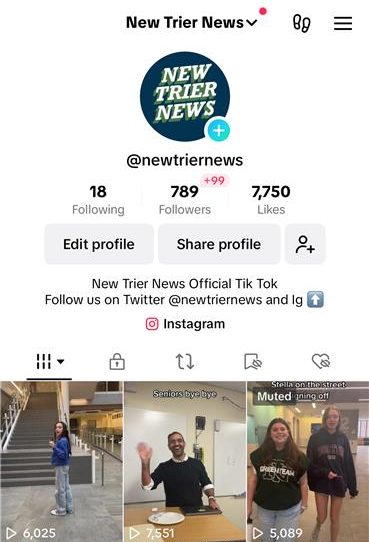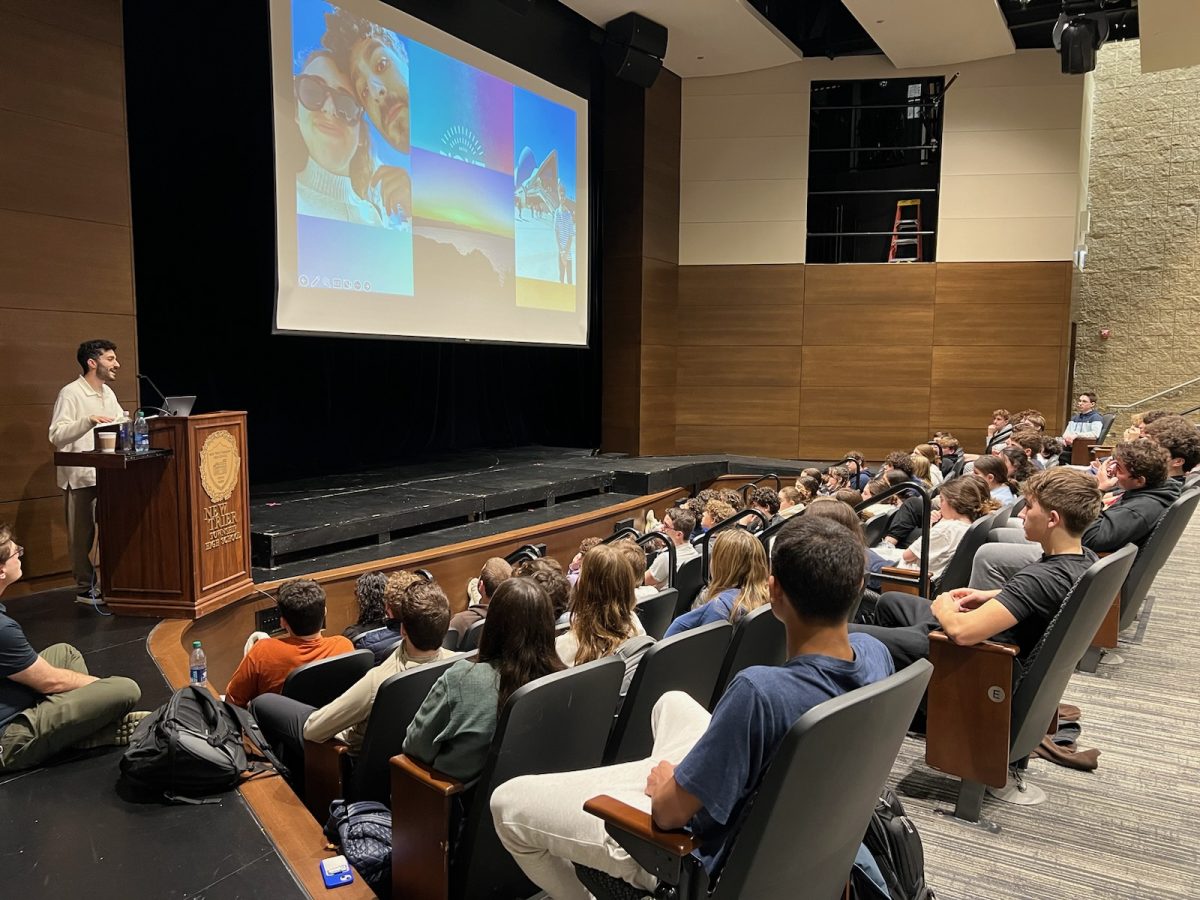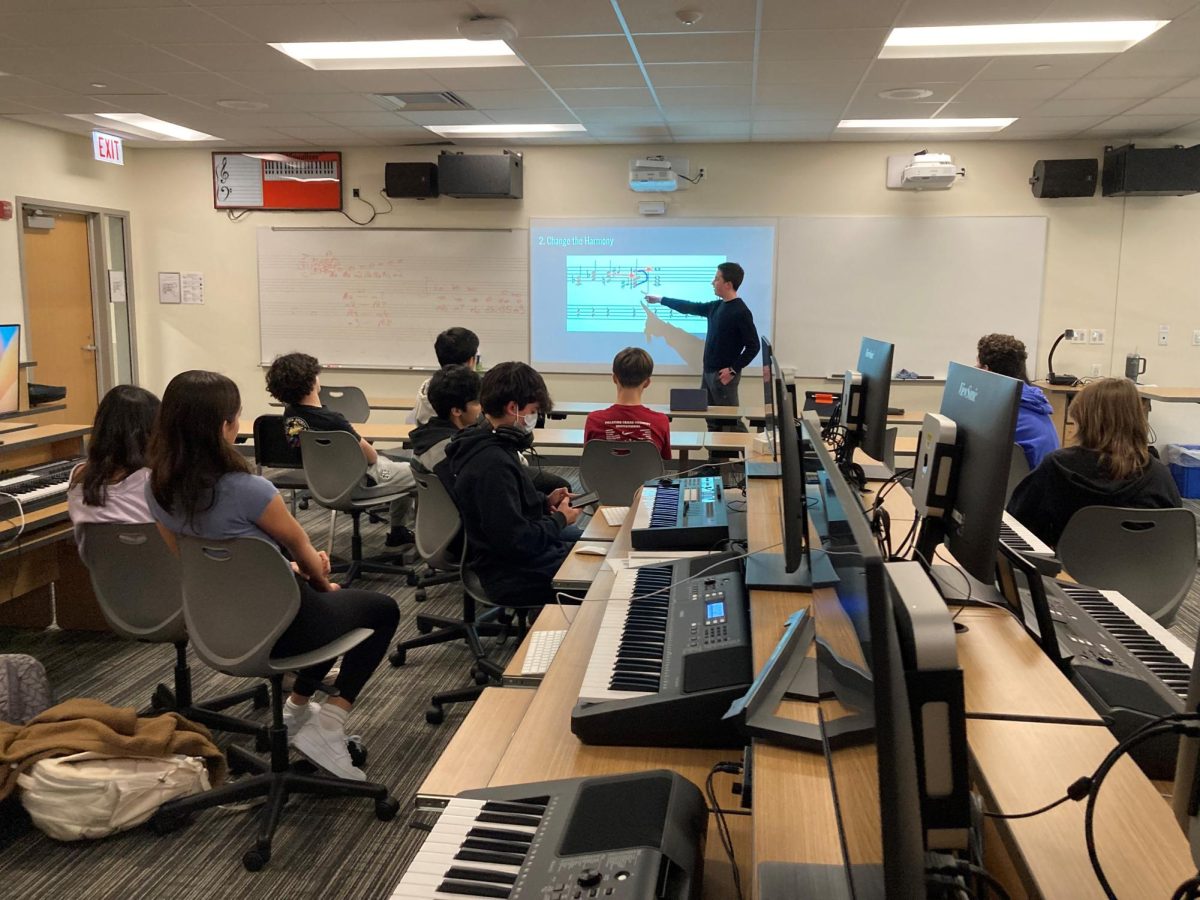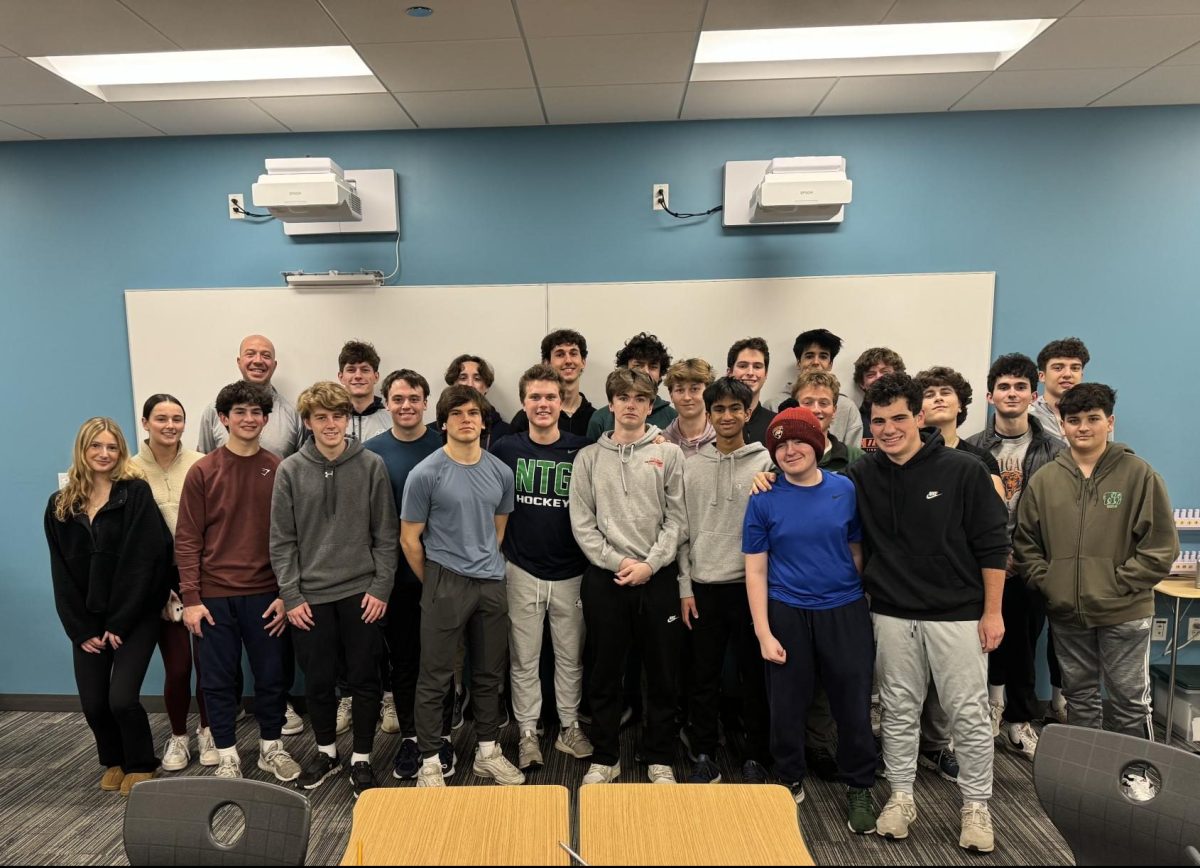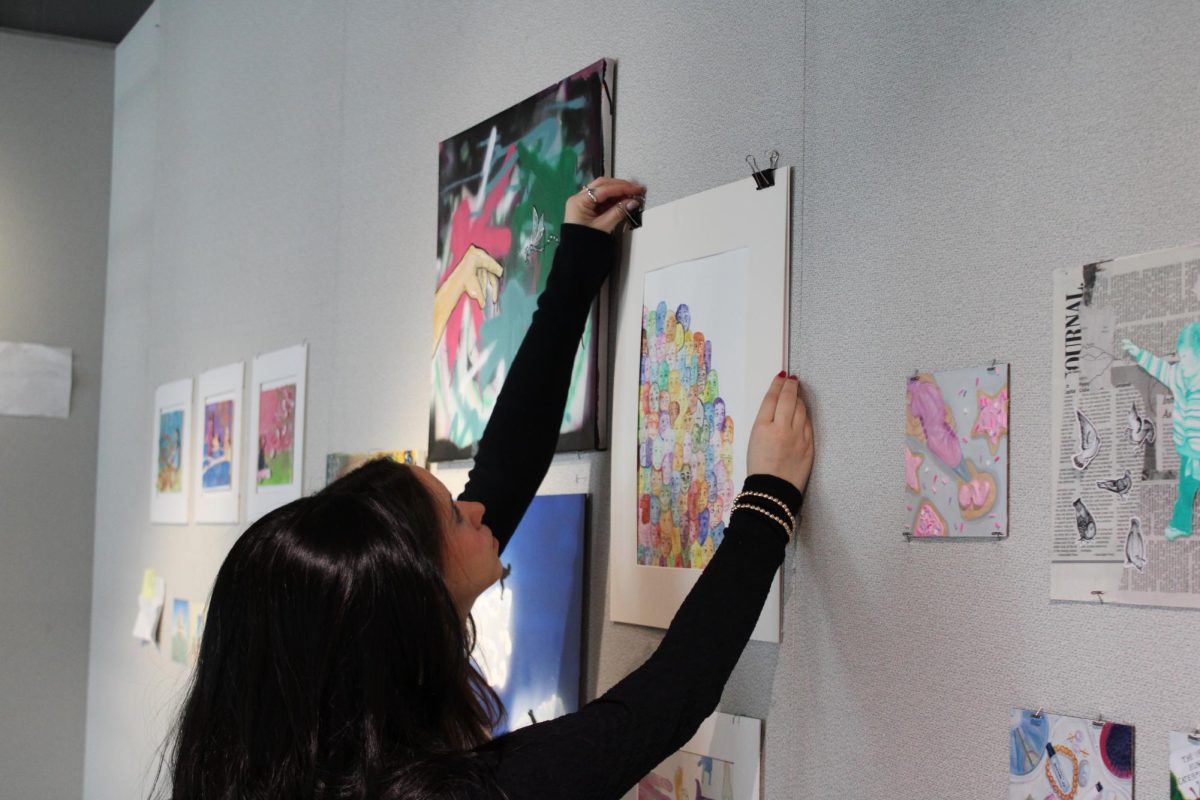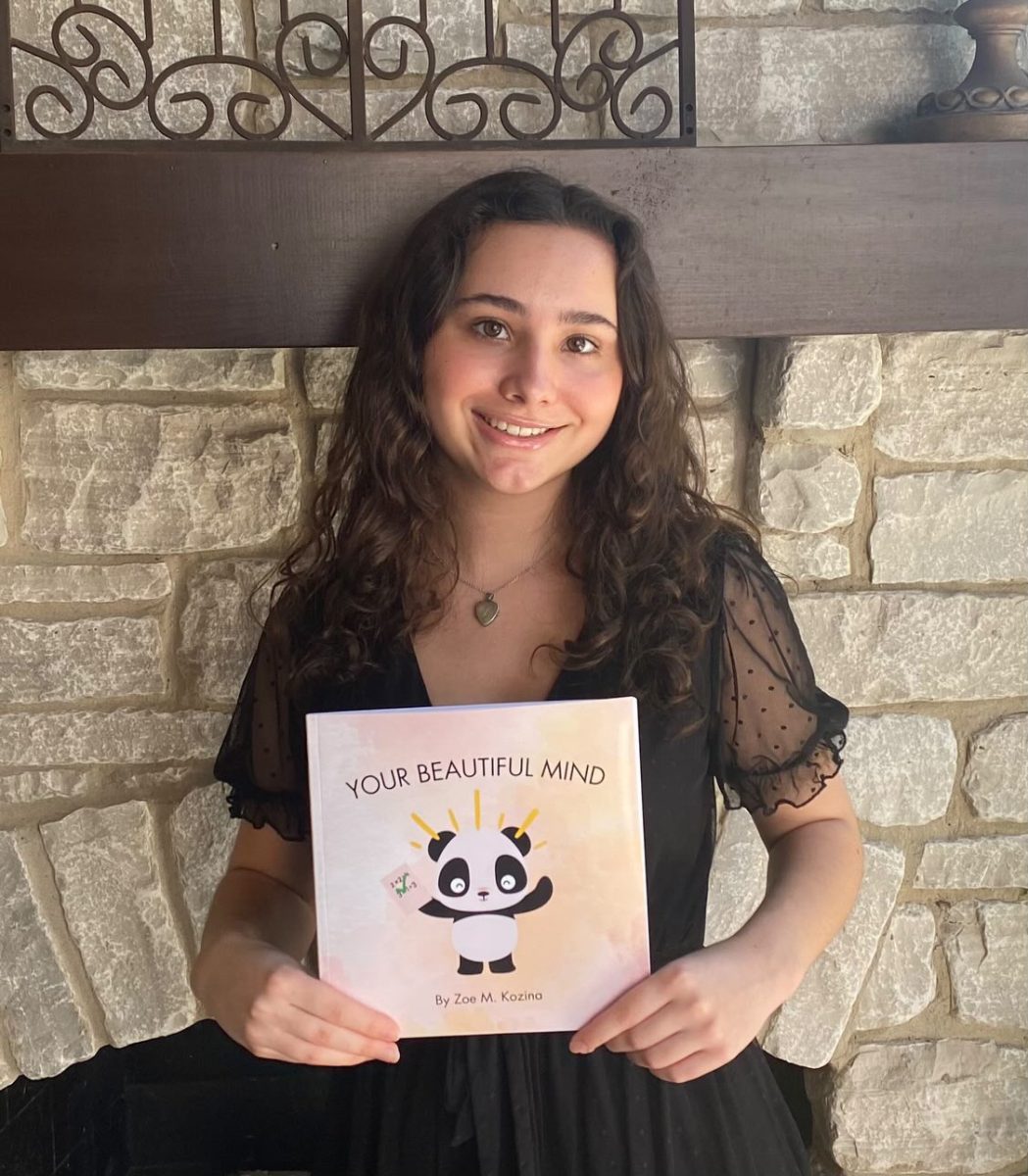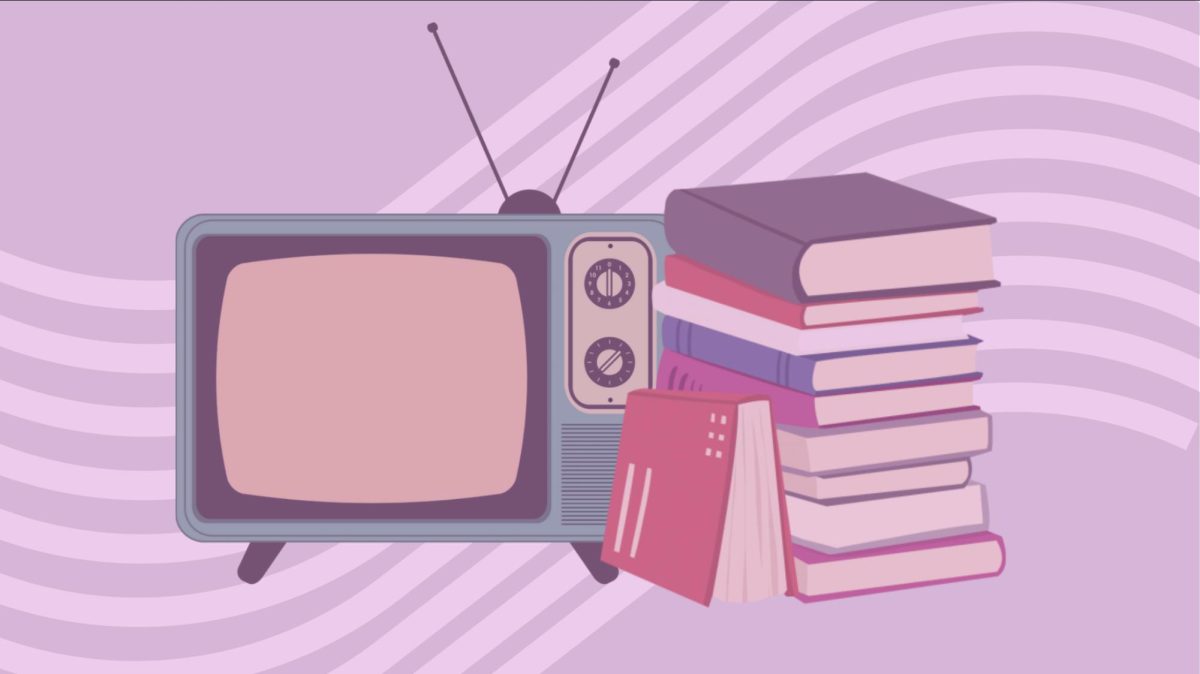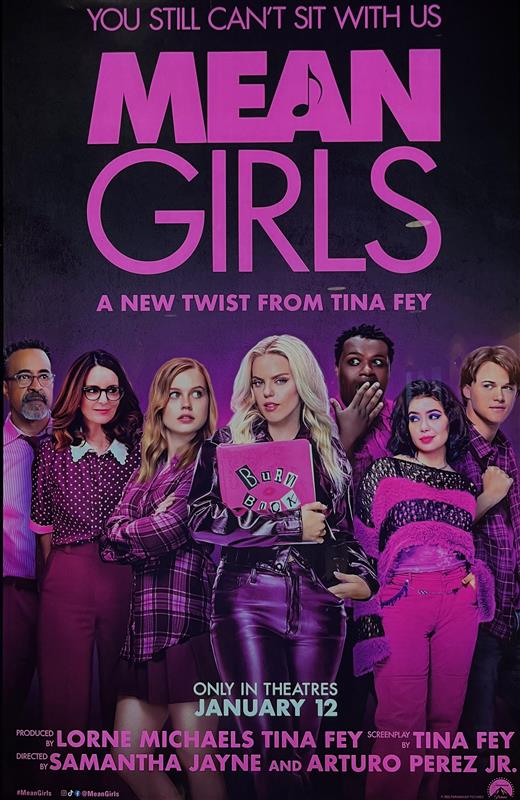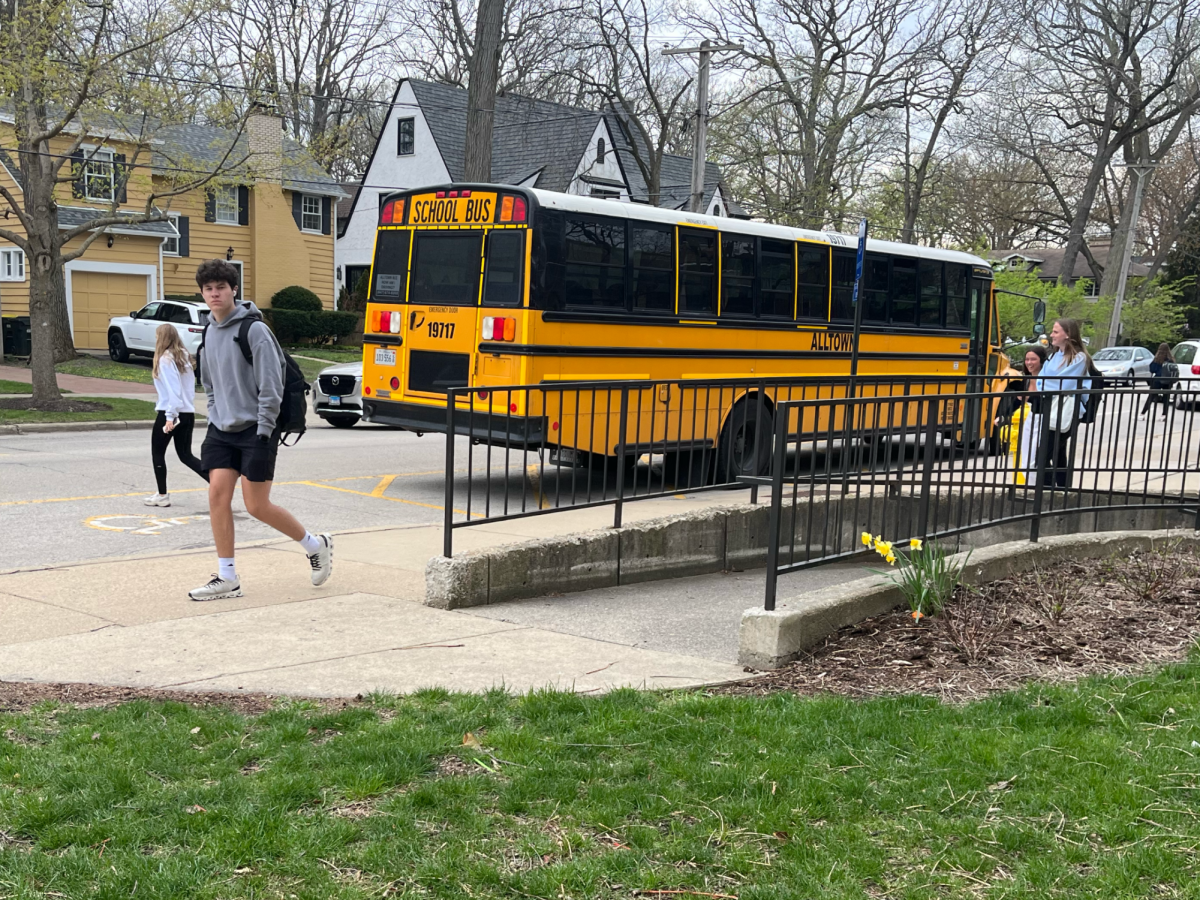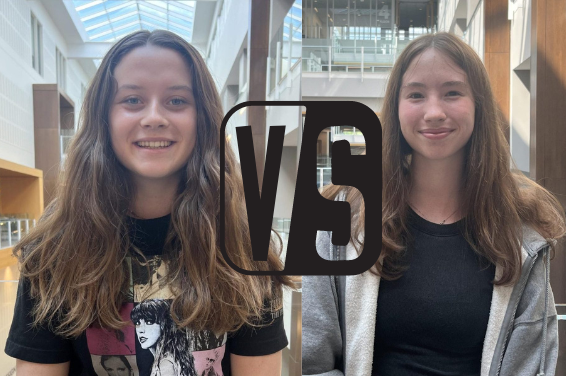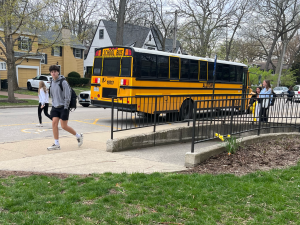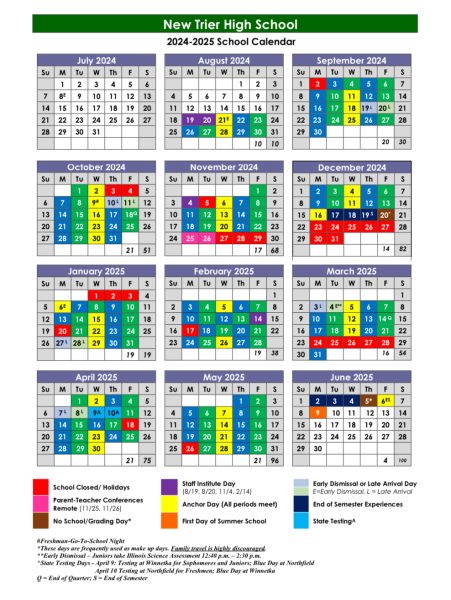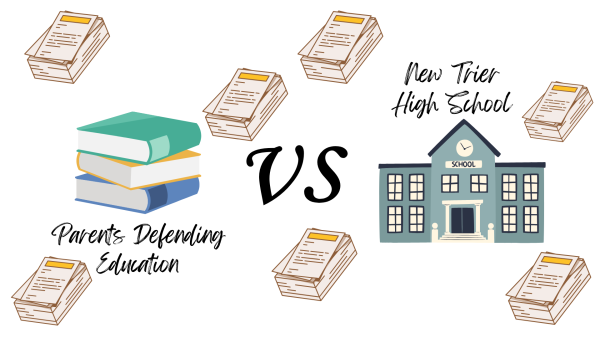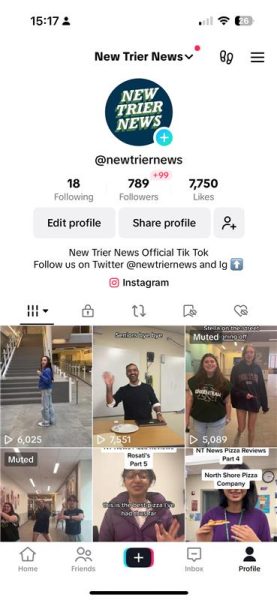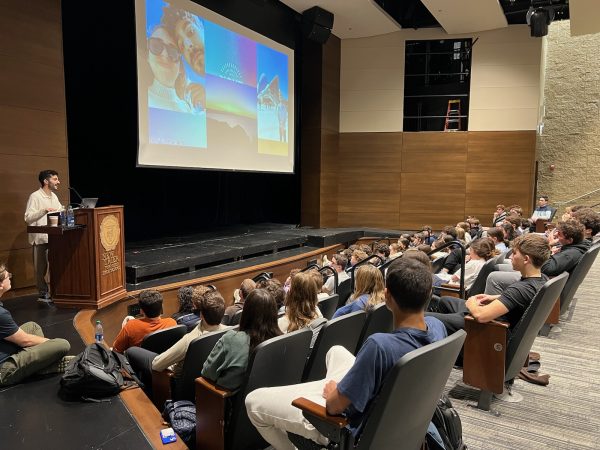Freshmen bring After School into the classroom
New anonymous app raises concerns of cyberbulling
November 3, 2016
In the age of social media, teenagers are swamped with new devices and platforms to express themselves. Too often the anonymity that social media provides creates an outlet for students to share things online they wouldn’t say in person.
The most recent social media craze among students is the app “After School”.
This app has blown up on the New Trier freshman campus, with nearly every student in Jennifer Karakosta’s freshmen advisory claiming they knew about the app.
Freshman Yael Shaw described this new app as “not good,” stating, “People post stuff about other students on After School. You can vote on posts and comment on pictures, but everything is anonymous so you don’t know who’s saying these things.”
The luxury that After School provides is the ability to post while staying masked behind their own phone screen.
Freshman Sammi Stoeber said students use it as a place to express their feelings towards other people, “Sometimes it’s people saying who they have a crush on and other times it’s people just being mean.” Stoeber added that mean comments come predominantly from the anonymous responses to posts written on the app. She said, “People use a lot of sarcasm and dishonest opinions.”
Freshman Millie James said that the app sends out texts to people, since it’s connected through Facebook, in an attempt to gain more followers.
“My friend found out people were talking about her on the app and she had no clue who they were,” James said.
“It’s funny to see people say things about you and your friends, but sometimes people don’t know where the line is and make really innapropriate posts,” said freshman Caroline Bennett.
Many puzzled upperclassmen wonder why this app is appealing to freshman. “I’ve never even heard of that app,” said senior Molly O’Donoghue.
While students at the East campus may not be aware of After School, many can recall past apps that put their classes in a frenzy.
Senior Rachel Cohan said she remembers the apps “Ask.fm” and “Yik-Yak”, that caused a lot of issues for her grade when they first came out.
“On Ask.fm there was definitely cyberbullying. People would write mean comments on each other’s pages and then they would either try to defend themselves or other commenters would defend them. It was rare that people chose to stand up for others on apps like this,” Cohan Said.
Cohan stated that the greatest culprit of cyberbullying was Yik-Yak, which was blocked by New Trier after the mean comments posted on the app became popular.
“On Yik-Yak it was just a constant feed of uncensored, anonymous posts. You could also like and dislike posts, which made it even worse when someone had a mean comment and people liked it, which meant they agreed,” Cohan said. “These apps are just a way for people to bully and shame others. It’s sad.”
Junior Will Hurley said that he saw a lot of girls being bullied and mean comments mainly aimed towards girls on Yik-Yak and Ask.fm.
Whereas on After School, Stoeber said that it’s used by both boys and girls and both genders are posted about.
Freshmen believe that After School does not have the impact on students that apps such as Yik-Yak and Ask.fm had when they were popular.
Stoeber stated that After School is more relationship focused and meant to be funny, versus the other apps that upperclassmen recall as platforms solely meant to cyberbully.
Senior Hannah Pettersen acknowledged that a common factor between this new app and the old ones is the curiosity students had in high school relationships.
“On Ask.fm people got asked relatively sexual questions and you always saw the question, ‘Who do you like?’”
Junior Peter Murry recalled that students used Ask.fm as a way to find out people’s “Top fives.” “I felt bad if I found out I wasn’t in my crush’s top five list,” Murry said.
Junior Charlie Thompson recalled that these apps were used to say mean things they wouldn’t say in person, “My friend would get bullied on it a lot. People called him Stanky, and that bothered him.”
Though social media will continue to grow and more platforms to express thoughts anonymously will be created, Senior Paris Silverman wants students to acknowledge the negative impacts of these apps, “Anonymous apps like After School lead to feelings being hurt and poor judgement of those writing behind their phone screens. It’s better to just stay away from these apps and don’t fall into the trends.”

